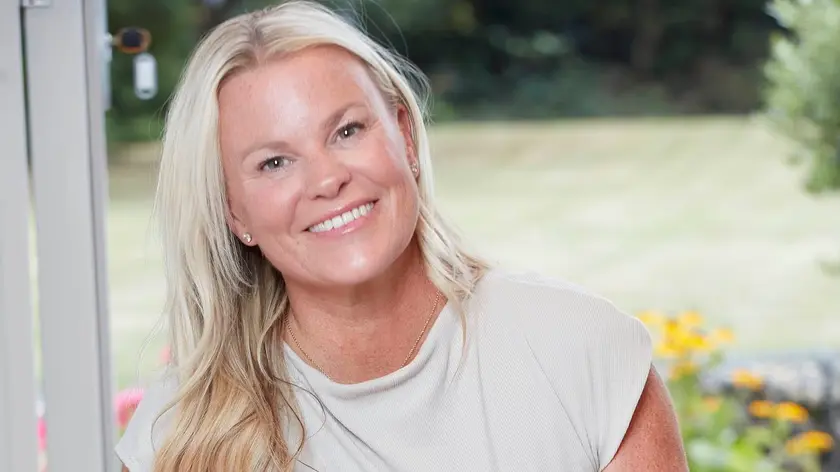T4K3.news
Docuseries questions health messaging on weight loss show
A Netflix docuseries challenges how weight loss is portrayed on a long running TV show and what that means for health messaging.

A Netflix docuseries questions whether a popular weight loss show promoted real health or simply entertained viewers.
Docuseries exposes harm in health pursuit on a famous weight loss show
New Netflix docuseries Fit for TV investigates how The Biggest Loser affected contestants and the public conversation about health. It features director Skye Borgman and health experts who say the show mixed entertainment with risky health advice. The film asks whether the show promoted real health or simply used weight loss as spectacle.
The piece highlights extreme calorie limits, long workouts and moments of vomiting in the gym. It cites a 2017 study showing many contestants regained weight after the show and notes that rapid loss can slow metabolism. Experts warn that such formats can stigmatize bodies and undermine sustainable healthy habits.
Key Takeaways
"There's not any way that an entertaining show and a health show can 100% exist together. One of them is always going to take the lead."
Skye Borgman on the clash between entertainment and health on the show
"It was such a huge phenomenon and absolutely reflected and perpetuated some of the really harmful messages around weight and weight loss."
Rebecca Pearl explaining the show's impact
"The best guidance is to utilize the methods you can keep up long-term."
Larissa McGarrity on sustainable health practices
"It made us participate as viewers in kind of like a pity or even disgust response in terms of the way people's bodies were portrayed."
Oona Hanson on viewer reactions
The docuseries arrives as streaming platforms flood audiences with health content. It questions the ethics of turning weight loss into entertainment and urges a clearer line between hype and evidence.
By centering viewer shock and dramatic reveals, the piece argues for a shift toward messages that emphasize gradual change, enjoyment of activity and respect for different bodies. It also notes the ongoing impact on viewers who internalize thinness as the only standard of health.
Highlights
- Magic bullets are never real.
- Entertainment value cannot outrun health.
- The show taught a harmful lesson about weight.
- Keep changes small and sustainable.
Health and public reaction risk
The piece highlights potential health harms from extreme dieting and the risk of weight stigma, which could trigger public backlash and debate among health professionals, viewers, and critics.
Media should teach, not punish.
Enjoyed this? Let your friends know!
Related News

Biggest Loser legacy under new scrutiny

Shrinking Summer tests body positivity

Rising MASLD affects millions in the UK

Weight loss drugs entering a new era

Weight loss drugs show weight regain after stopping

Weight loss drug raises mental health alarms

High street retailers criticized for using thin models

Ozempic linked to possible muscle weakness
